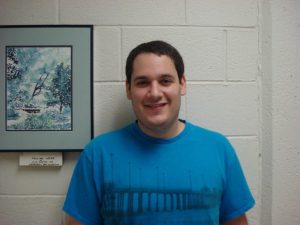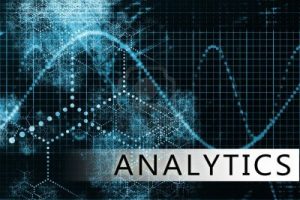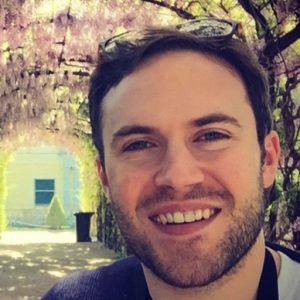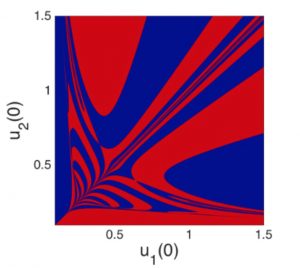Student Colloquium talk by Professor Dick Forrester of Dickinson College
Title: Assigning Students to Schools to Minimize Socioeconomic Variation between Schools: An Introduction to Optimization Modeling
Abstract: Numerous studies have found that a student’s academic achievement is as much determined by the socioeconomic composition of their school as their own socioeconomic status. In this talk we provide a methodology for assigning students to schools so as to balance the socioeconomic compositions of the schools while taking into consideration the total travel distance. Our technique utilizes a bi-objective general 0-1 fractional program that is linearized into a mixed 0-1 linear program which can be submitted directly to a standard optimization package. If you didn’t understand that last sentence, don’t worry, the purpose of this talk is to introduce you to optimization modeling. As a test case for our approach we analyze data from the Greenville County School District in Greenville, South Carolina.









